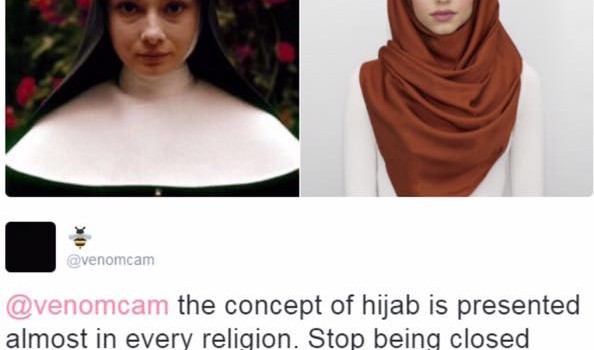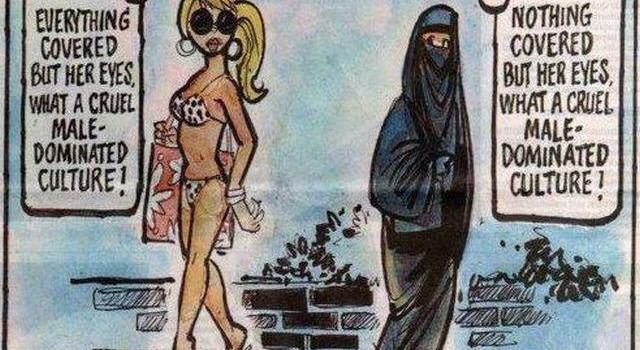The World Behind the Veil: What Listening to Women Taught This Man
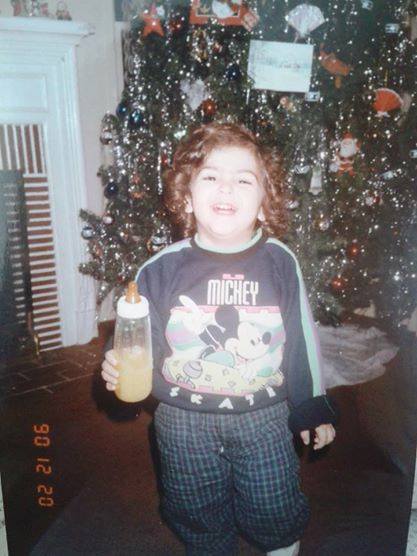
This is a guest piece by Mazen Abdallah, an ex-Muslim, comedian, and teacher. He is an American of Syrian-Lebanese origin who lives in Lebanon, and would like to talk about how reading the Ex-Hijabi Photo Journal–which you should go check out if you haven’t already–has influenced his perception of the culture around him, and the drastic differences in the ways female and male bodies are perceived.
I’ve never really asked veiled women or ex-veiled women about their experiences with the veil. There are a number of reasons for that. The first is that I come from a culture where the veil was totally normal. So asking someone about it would be really weird, it’d be like asking why someone wears shoes. The second reason was that I assumed I knew the story already. To me, there were two categories: Women who were forced to veil and women who did so by choice. I never really thought past it at all. Over time I saw the nuances more and more, but for some reason I didn’t really ask anyone for the full story. I debated the veil’s societal role, I passionately argued with people about the rights of women, but I never stopped and asked a woman ‘Hey, what is/was it like for you to wear a veil’. Even when I thought I was this progressive, cultured guy advocating the rights and critiquing a society that would curtail the freedoms of women, I didn’t make an effort to actually understand the lives of women who had worn the veil for any reason whatsoever. To me, it boiled down to ‘someone is forcing you to do something that you do not want to do’ and it became this basic matter of personal freedoms. But there was so much more that I wasn’t seeing. The fact is, many women develop a complex relationship with the veil because it represents so many different things: identity, family, spirituality, personal development. It was so much more than either doing something or not doing it.
First of all I realized that, a lot of the time, it wasn’t necessarily forced upon the children by their parents. Some women decided to wear it as part of a philosophical decision in their exploration of Islam. Some were emotionally blackmailed, pressured by their families and their communities. Some came into contact with pro-veil ideology. Others wore it to fit in. That’s one of the things I learned: The veil means different things to different people.
But one common narrative came about as a result of it. I realized how much emphasis was placed by Islamic culture on conservative dress and being presentable in a certain way.
Every kid is forced to do things by their parents. Like, put on this sweater before you go outside, do your homework, etc. At the end of the day, that’s what parents do, they put their feet down. So if you think about it that way, maybe the veil isn’t so bad. But when I started reading Ex Hijabi Fashion, I realized that parents don’t just walk in, hand the kid a scarf and tell them they’re wearing it now. They’re giving them a philosophy, an ideology. They’re telling their girls that they need to cover themselves up, to be modest, to avoid attracting attention from boys. In some cases they’ll get in the heads of these girls and make them feel shame because of their bodies. I was forced to do a great many things when I was a kid. I’m a grown-ass man and my mom still puts her foot down. But I was never made to feel conscious of my body or exposing it.
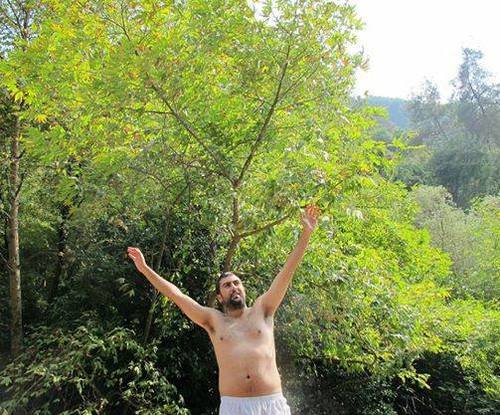
I never really looked that much into the veil. To me, it was about covering up your parts so that men wouldn’t be tempted by you. And once the veil came off, boom, not religious anymore, not veiled anymore, problem solved, let’s move on. But the women I read about on Ex-Hijabi fashion had gone through so much more than covering up. They had been made to look at their own bodies in a shameful way. To feel self-conscious and uncomfortable in their own skin. Even some that had veiled of their own volition would start to feel this way about themselves.
We all have body issues, hell, I have a bunch of my own. But I never felt this need or desire to cover myself up and obscure a part of me. Like, I probably should. I’m overweight, and fairly conscious about my man-tits, but past that I have like no problem taking off my clothes. Even if I’m in company, I end up taking off my shirt or (if I’ve been drinking) at some point my pants and I have no problem with it. Obviously guys have a threshold for that sort of thing so I’m eventually asked to put my clothes right back on, but past that I don’t really mind having them off. And I realize, I’ve felt embarrassment about my body plenty of times, like you would with a house you haven’t properly cleaned up. But I’ve never really felt shame. I’ve never really felt that it was wrong of me to expose my body. I laughed like a madman every time I made a dick of myself in public in a way that involved nudity, and it just didn’t matter. And hell, a lot of guys I know were also like that, whipping their dicks out for comic effect or mooning each other. We never had anyone tell us we should be ashamed of our bodies.
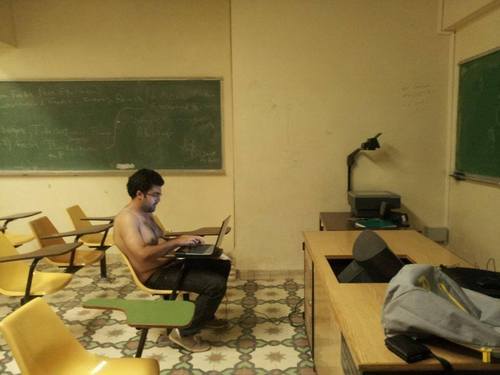
The veil isn’t the problem here, the problem is the culture that the veil emerges from. What surprised me in some cases was that the family wouldn’t really be particular about the veil, but they would have their own strict set of modesty rules that shamed women. You didn’t need to have a veil on to feel shame.
Ultimately my eyes were opened to the diverse range of experiences women faced with the veil. It opened my eyes to the way that being asked to cover up and be modest, demure and conservative affected them and changed their outlook. It opened my eyes to the fact that veiling sometimes had little to do with their families but had more to do with their own body image or ideology. And I think, before we start talking about the veil and what it means in society and who can wear it and ‘oh look at this fatwa’, we should maybe ask women what they think.
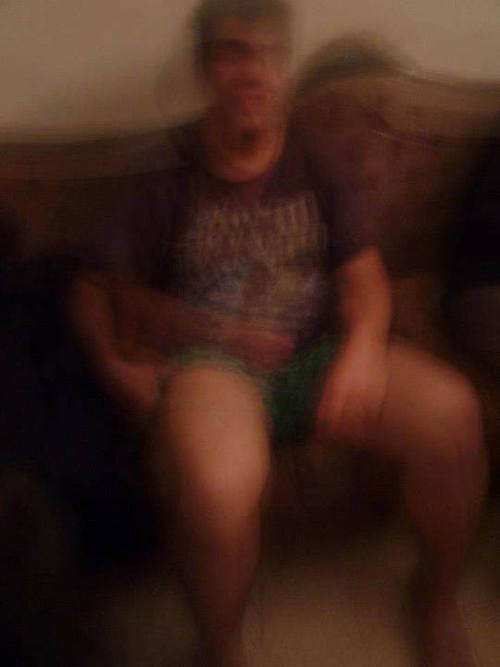
Giant thanks to Mazen! If you’ve been wondering where I’ve been these past couple of weeks, I’ve been focusing a lot of my energies on the Ex-Hijabi Fashion Photo Journal. Regular posts to resume shortly. I love you all!
-Marwa/Hiba


